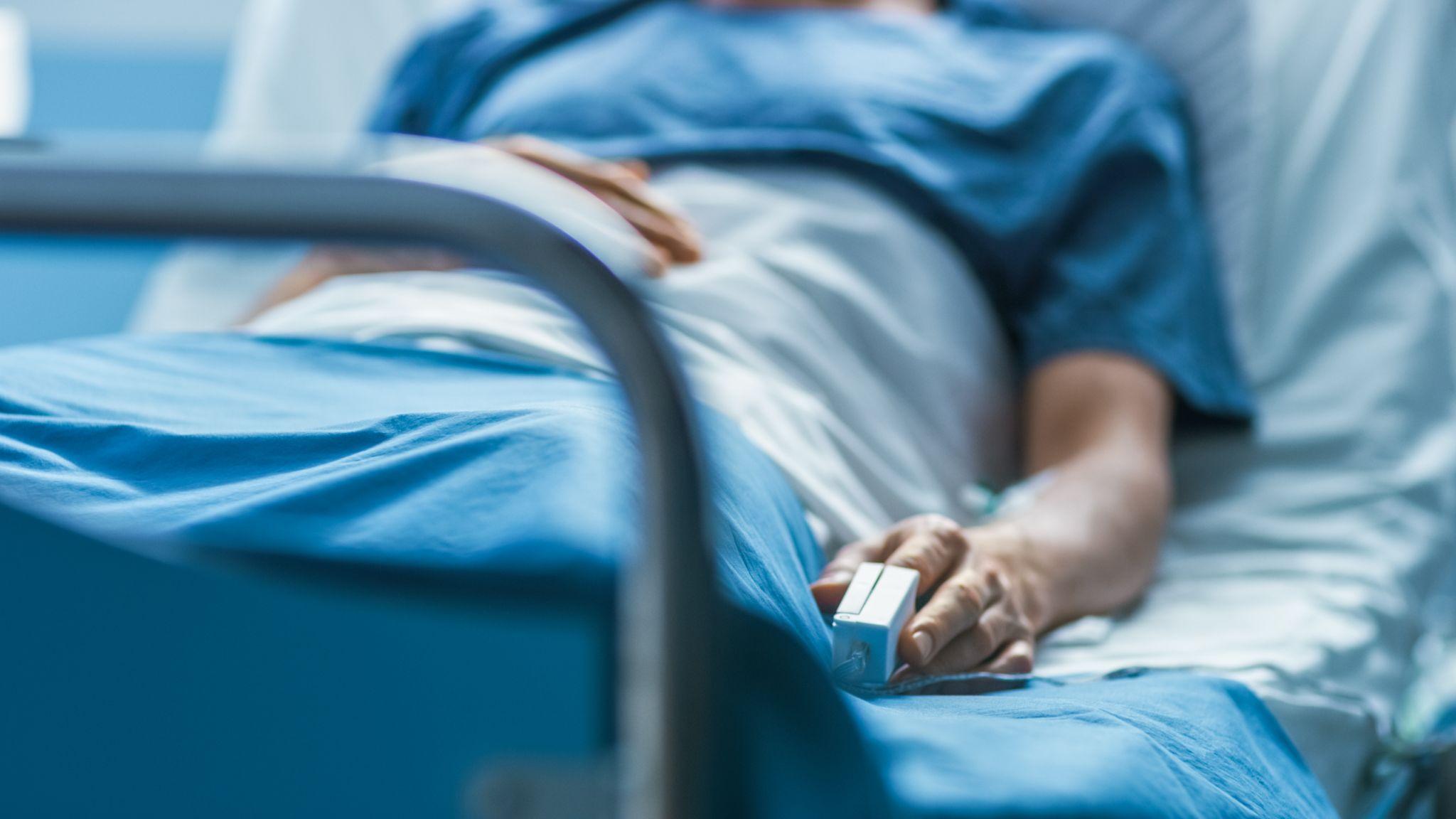Lean, also known as purple drank, sizzurp, or dirty sprite, is a concoction that has woven its way into popular culture, frequently mentioned in music and social media.
This mixture, which blends prescription-strength cough syrup containing codeine and promethazine with soft drinks and sometimes hard candies for flavor, originated in the hip-hop community of the southern United States and has since become a symbol of a sedated, euphoric high among its users.
Despite its casual and often glorified mentions in various cultural contexts, lean consumption has dangerous consequences. Below, we’ll explore its short- and long-term effects and associated risks.
Short- & Long-Term Side Effects of Lean
Lean’s impact on an individual’s health can be categorized into immediate, short-term effects and more insidious, long-term consequences.
Short-Term Effects
The immediate aftermath of consuming lean includes a range of effects that alter both physical and mental states.
Users often report a euphoric feeling, accompanied by sedation and a significantly slowed heart rate. This state of relaxation and disconnection from reality also comes with impaired motor skills, making it dangerous to perform tasks that require precise coordination or attention.
The combination of codeine, an opioid, and promethazine, an antihistamine, in lean contributes to these effects but also leads to adverse reactions such as nausea, dizziness, vision impairment, and confusion, showcasing the immediate dangers of this substance.
Long-Term Effects
With prolonged use, the dangerous effects of lean become more severe and potentially life-threatening. Dependency on codeine can develop rapidly, leading users into a cycle of increasing consumption to chase the initial highs. This increased intake heightens the risk of overdose and respiratory depression.
Chronic users may face many health issues, including dental decay (often referred to as “lean teeth”), weight gain, constipation, and urinary tract infections.
The psychological toll is equally concerning, with potential for depression, anxiety, and intense withdrawal symptoms during cessation attempts. These long-term consequences highlight the critical need for awareness and intervention in cases of lean abuse.
The Risks and Dangers of Lean Consumption
Lean consumption poses significant risks and dangers that can be broadly categorized into physical health risks, psychological risks, and the overarching role of addiction. Here is a detailed breakdown:
Physical Health Risks
- Overdose Potential: High doses of codeine and promethazine can lead to life-threatening overdose, characterized by respiratory depression, coma, and even death.
- Impact on Liver: Chronic use of lean can cause liver damage due to the high levels of acetaminophen in many cough syrups, which is toxic to the liver in large quantities.
- Respiratory System: Lean use depresses the central nervous system, leading to slowed breathing, which can be fatal in cases of overdose or when combined with other depressants.
Psychological Risks
- Dependency: The opioid component (codeine) in lean can lead to physical and psychological dependency, making it difficult for users to stop.
- Withdrawal Symptoms: Users trying to quit may experience severe withdrawal symptoms, including anxiety, irritability, sweating, nausea, and tremors.
- Impact on Mental Health: Regular lean consumption can exacerbate or contribute to mental health disorders, such as depression and anxiety, further complicating recovery efforts.
Treatment for Lean Addiction
Treating lean addiction requires a comprehensive approach that addresses both the physical dependency and the psychological aspects of the addiction. Our inpatient rehabilitation program offers a structured environment where individuals can receive the support and care needed to overcome their addiction to lean.
Within our program, patients benefit from medically supervised detoxification to safely manage withdrawal symptoms, followed by personalized therapy sessions that include cognitive behavioral therapy, group therapy, and family counseling. This holistic approach not only helps individuals break free from the physical chains of addiction but also equips them with the tools and strategies needed to rebuild their lives and prevent relapse.
For more information on how our program can help you or your loved one overcome lean addiction, contact us today.



